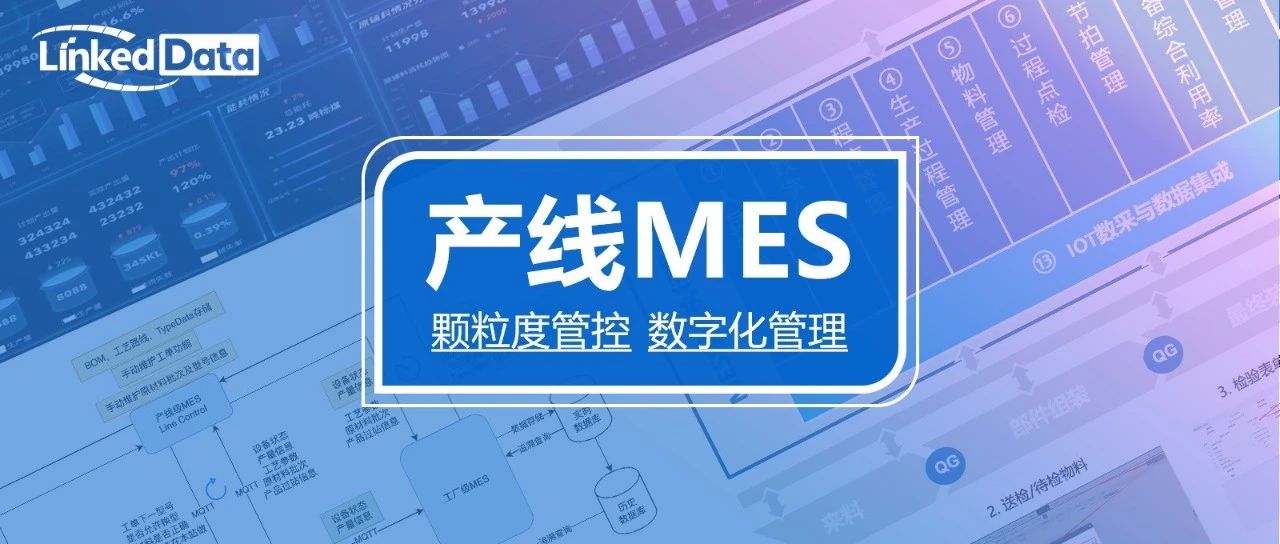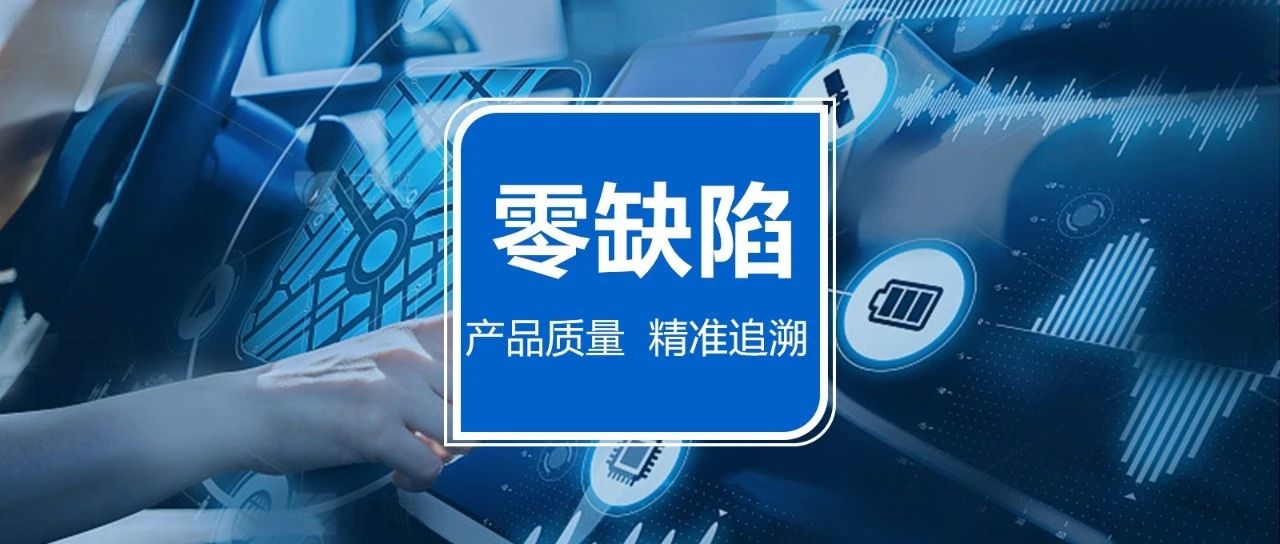As the global wave of Industry 4.0 accelerates, manufacturing is moving into a new era of advanced digitalization and intelligence. In industries like automotive and electronics, where precision is paramount, there’s an urgent need for lean production management, comprehensive product traceability, and optimized resource utilization. In this context, Manufacturing Execution Systems (MES) have become essential. LinkedData’s line-level MES, designed specifically for the operational needs of shop floors, enhances production efficiency and quality through its modularity and flexibility.
Five Key Challenges in Traditional Line Management
1. Lack of Production Transparency
Traditional lines often lack real-time data collection and feedback, making it difficult for managers to promptly respond to production issues, which leads to delays and efficiency losses.
2. Difficulty in Quality Traceability
Incomplete quality traceability mechanisms can make it hard to quickly identify defect origins, raising recall and rework costs.
3. Insufficient Equipment Management
Monitoring and maintenance of equipment are often reactive, lacking real-time alerts, resulting in frequent downtimes that disrupt production.
4. Material Flow Inefficiencies
Inefficient batch tracking can lead to line stoppages from material shortages or excess inventory, complicating Just-in-Time (JIT) production.
5. Data Silos
Fragmented information across lines and processes prevents smooth data sharing, resulting in wasted resources and reduced productivity.
LinkedData’s Line-Level MES Solution
Based on a deep understanding of industry needs, LinkedData developed a dedicated line-level MES solution. With its customized and modular design, this system offers granular control and optimization for production lines within a plant-level MES framework, enabling comprehensive digital management.
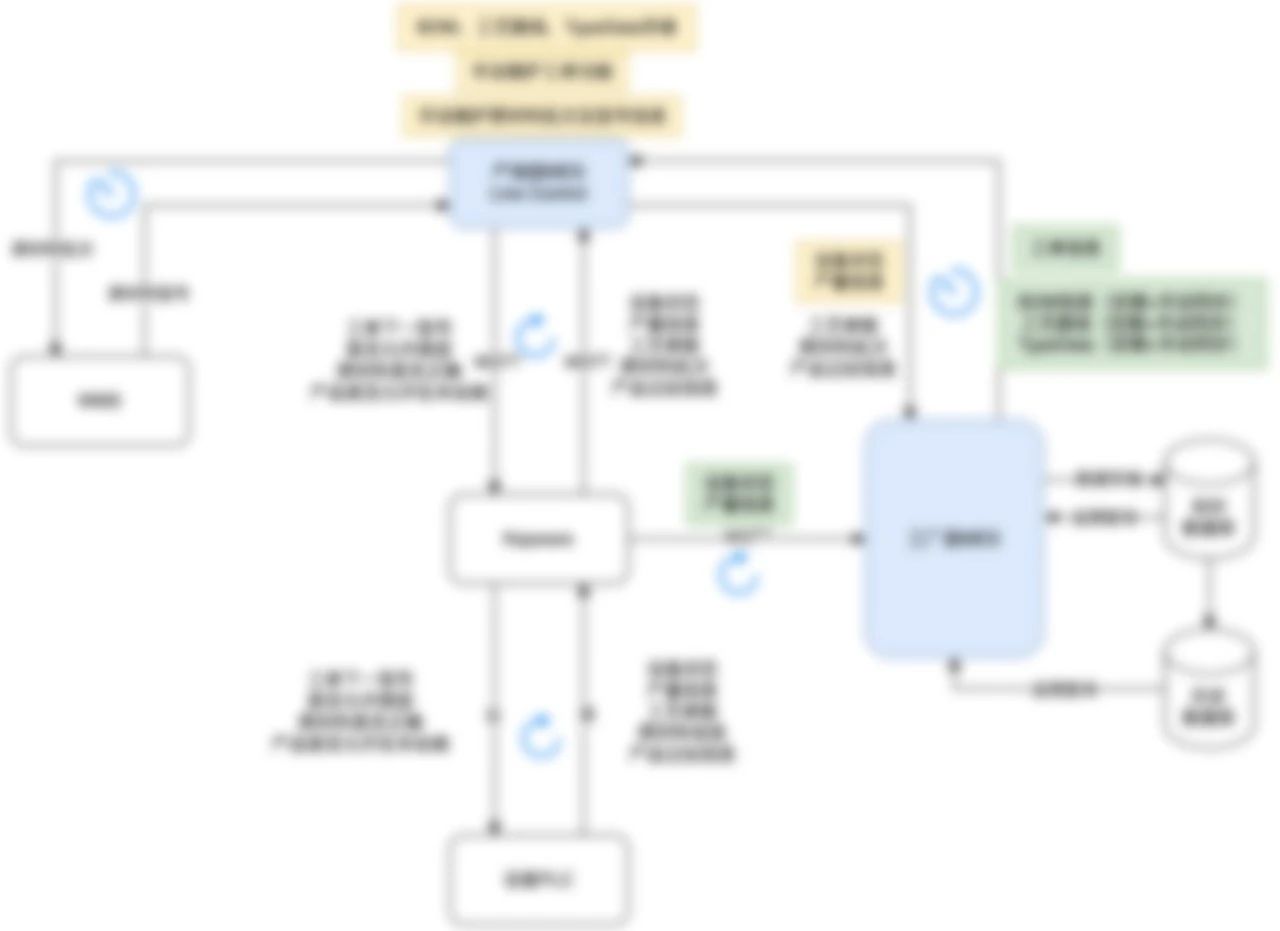
System Architecture of LinkedData Line-Level MES
? Three Server Structure: Line-Level MES Server, Plant-Level MES Application Server, and Plant-Level MES Data Server
? System Synchronization: Green sections in the diagram indicate automatic system synchronization
? Emergency Measures: Yellow sections highlight manual maintenance protocols for server disconnection
Core Functionalities of Line-Level MES
Production Control:
Serving as the backbone of production control, line-level MES enables error-proofing and equipment control. As products arrive at each workstation, the system checks that processes comply with operational requirements based on the workflow and station data, ensuring precision at every step. During changeovers or material loading, the system cross-references work orders and BOM information to ensure accuracy. Additionally, the MES records key data, including equipment status, process parameters, material batch information, and product station data, supporting reliable quality traceability.
Real-Time Data Exchange:
Line-level MES serves as a bridge between the plant-level MES and equipment PLCs, ensuring seamless data flow across all layers. Real-time equipment monitoring, work order updates, and process adjustments enhance production continuity and efficiency.
Multi-Level Data Integration:
With real-time monitoring and comprehensive data consolidation, line-level MES aggregates critical production information into the plant-level MES, enabling management insights. Historical data storage also supports traceability and analysis, reinforcing quality management and continuous improvement efforts.
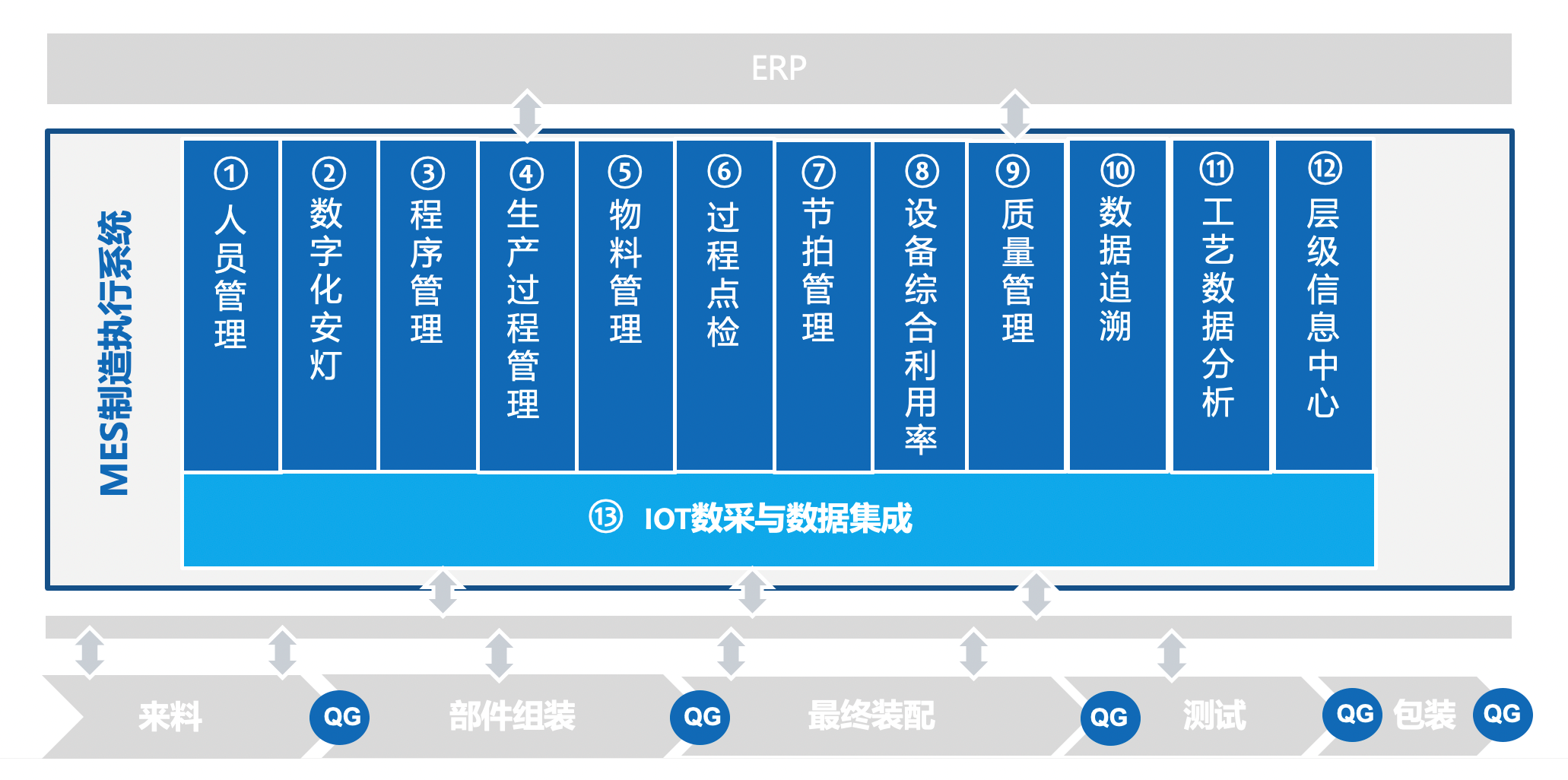
Unique Advantages of LinkedData’s Line-Level MES
Transparency and Real-Time Insight
Through IoT and sensor technology, LinkedData’s MES captures and relays real-time production data from each step, device, and station. The system’s visual dashboard and multi-level monitoring give managers insight into critical metrics and bottlenecks, allowing rapid response to anomalies and maximizing efficiency.
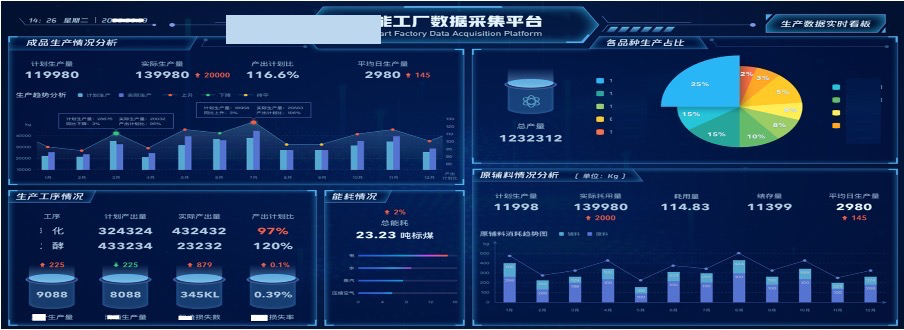
Customization-Enabled Dashboard
Precision Traceability and Quality Control
LinkedData’s MES tracks production parameters, processes, and inspection results for every product, making quality issues traceable to each detail. Especially useful in the automotive sector, the system can closely monitor component production, preventing defects from reaching the market. SPC process control and quality alert functions help preempt quality issues, increasing product conformity and customer satisfaction.
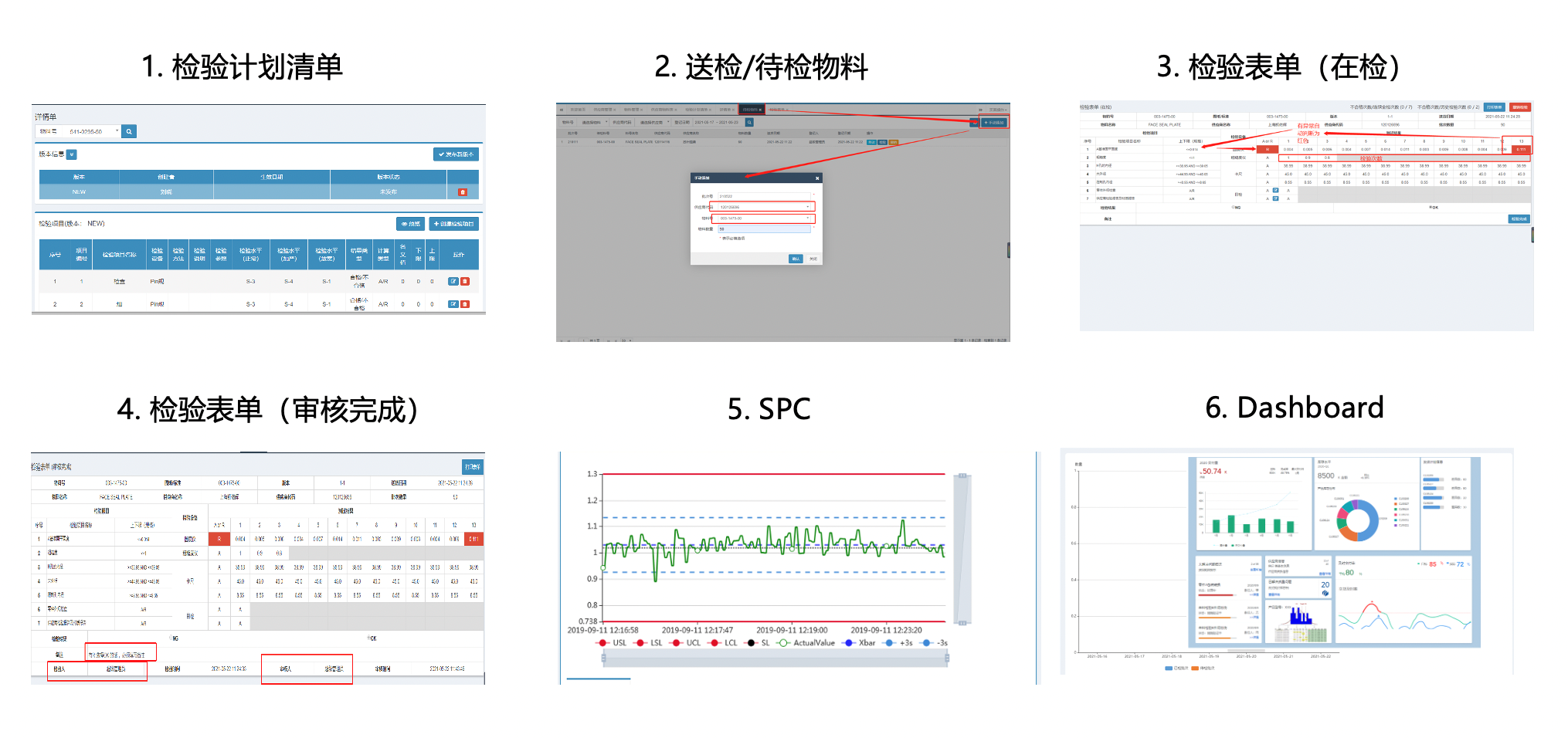
Quality Management - Process Quality Monitoring
Maximized Equipment Utilization and Minimized Downtime
With real-time equipment monitoring and OEE analysis, LinkedData’s MES optimizes equipment performance and schedules timely maintenance. By capturing fault codes and downtime data, the system automates monitoring and alerting, minimizing disruptions due to equipment failure.
Modular Design and Quick Deployment
The modularity of LinkedData’s line-level MES allows for flexible configuration based on specific business needs, such as quality or material management, enabling rapid deployment without affecting existing systems.
In an era of manufacturing transformation, LinkedData’s line-level MES solution equips businesses with highly granular control over production lines, complementing plant-level MES systems to advance digitalized manufacturing. This system empowers companies to manage workflows more flexibly and efficiently, meeting the rising demand for precision and immediacy in production.
With the continued advancement of smart manufacturing, companies are increasingly seeking in-depth data analysis and real-time insights. LinkedData aims to integrate advanced technologies like AI and big data analytics into its MES solutions, providing comprehensive line and plant solutions that support innovation and productivity growth in the manufacturing sector.
Start Now! Improve Order Delivery Efficiency Immediately!
Contact us and explore order delivery efficiency improvement with LinkedData digital transformation experts.
Request a Demo
 0510-8521 1230
0510-8521 1230
